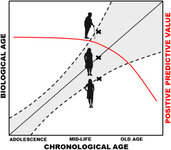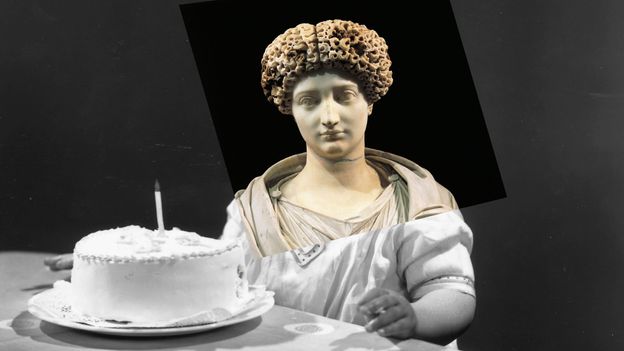I recently came across an acronym that the WHO calls Health Life Expectancy (HALE), which measures the number of years the average person in any given country or region can expect to live without "significant disability" or similar things. Basically, it's trying to account for the time between one might turn downhill and descend towards death, and thus getaway from the idea of longevity being quite as meaningful. Others might just call this healthspan, but I think that takes into consideration much higher levels of functioning.
In any case, the numbers are quite stark, as most of surveys or measures suggest that the developed world people have HALE between 65-70 years. I'd guess on average that the number until the last of the "healthy years" is typically 10 years less than the life expectancy.
I'm wondering what you guys think about it, given I've noticed that older people are pretty bad at reporting how life changes from 60-7-80 and even towards 90, as I think they don't have a very high expectation of doing much other than walking around and visiting after some time. I maybe be underestimating what life is like in the 60s, but I've played sports and lifted weights for a pretty long time now, and I'd be disappointed if I couldn't at least perform both of those in some capacity, whereas my guess is that others don't have a higher standard for body or athletic functions.
In any case, the numbers are quite stark, as most of surveys or measures suggest that the developed world people have HALE between 65-70 years. I'd guess on average that the number until the last of the "healthy years" is typically 10 years less than the life expectancy.
I'm wondering what you guys think about it, given I've noticed that older people are pretty bad at reporting how life changes from 60-7-80 and even towards 90, as I think they don't have a very high expectation of doing much other than walking around and visiting after some time. I maybe be underestimating what life is like in the 60s, but I've played sports and lifted weights for a pretty long time now, and I'd be disappointed if I couldn't at least perform both of those in some capacity, whereas my guess is that others don't have a higher standard for body or athletic functions.


